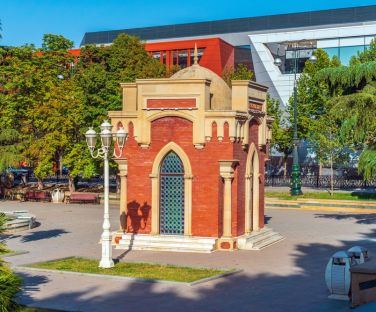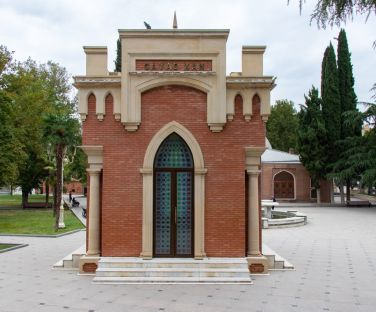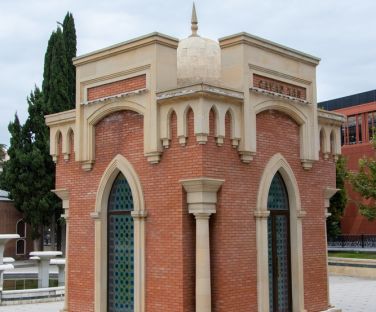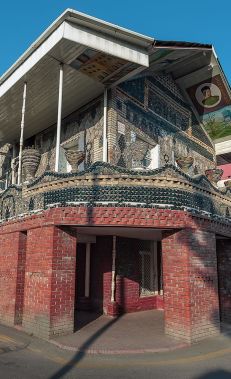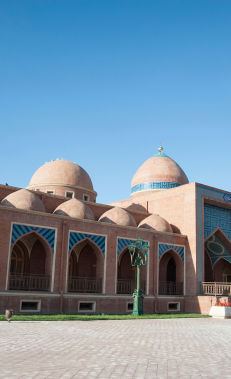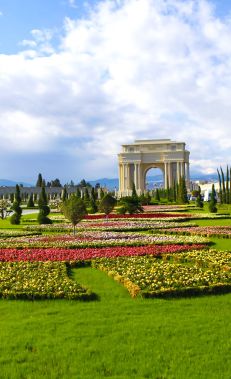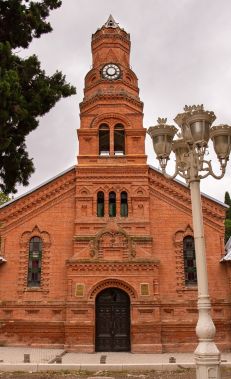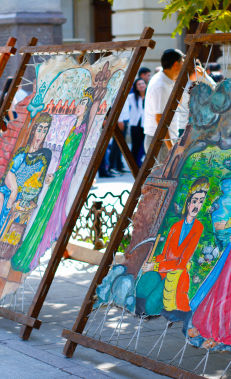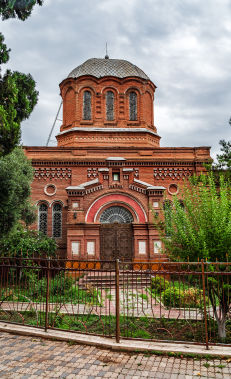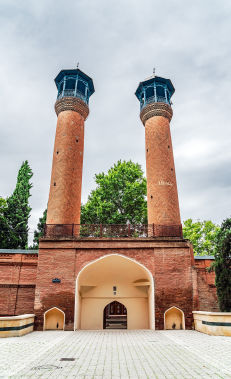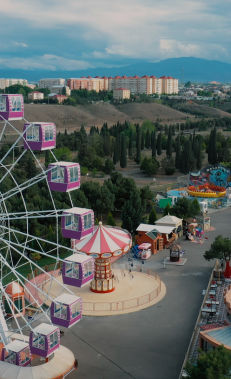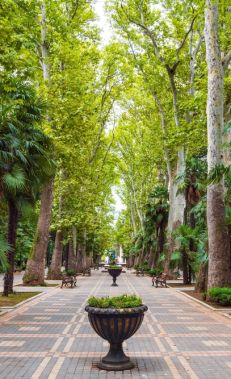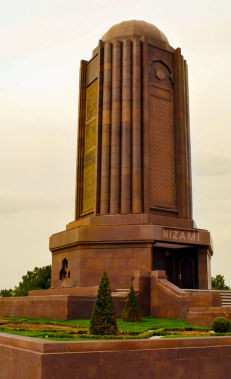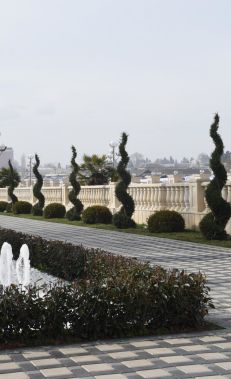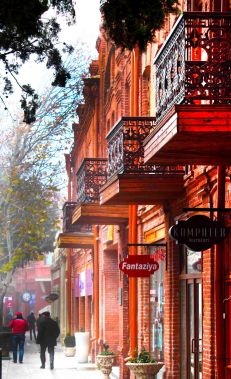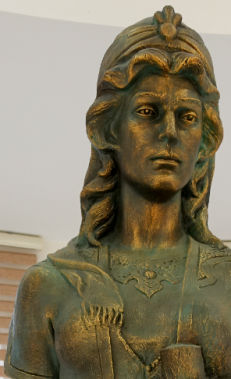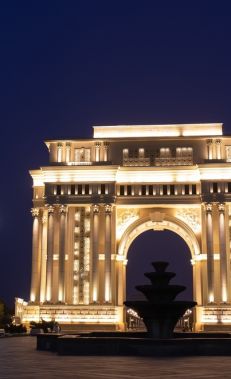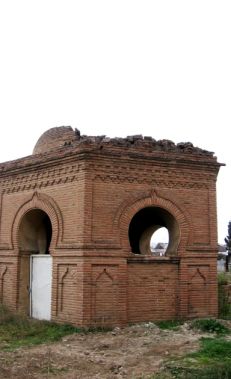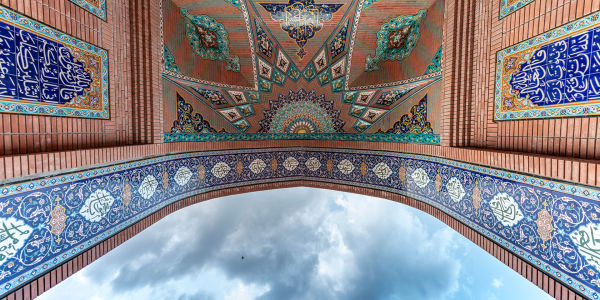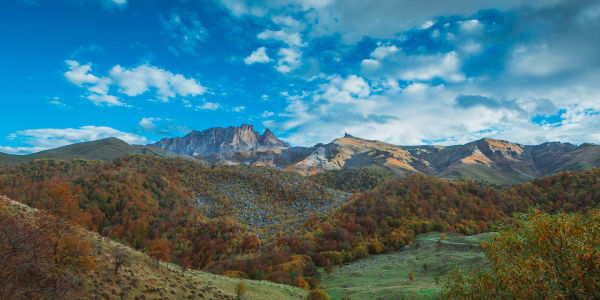Ganja’s brave pastJavad Khan Mausoleum
Over an eventful history, many wars have been fought and innumerable swords unsheathed with the aim of conquering Ganja. One of the most violent of these occurred during the period of Javad Khan, the last Ganja Khan. In 1804, Javad Khan, alongside his son Huseyngulu Khan, are tragically martyred while heroically fighting until the bitter end against the invading Russian troops, striving to capture Ganja Fortress. After the battle, Javad Khan and his son are buried in Khan Cemetery inside the courtyard of Juma Mosque. Many years later under Soviet rule, several structures of varying purposes were erected within the cemetery area in an attempt to obscure Javad Khan's grave and erase his valiant story. In 1962, during excavation work carried out with the aim of constructing a fountain, Javad Khan's headstone and grave are accidentally discovered. Javad Khan's grave is transferred to Sabzikar Cemetery and preserved there. In 1990, the remains of Javad Khan are finally returned to their former resting place at the request of the people of Ganja.
In 2005, with the support of the Heydar Aliyev Foundation, a dignified mausoleum was erected over the grave to perpetuate the memory of Javad Khan. Built in the Arran style of architecture, the quadrangular mausoleum is made of baked red bricks. The monument has an arched entrance door and three windows decorated with colourful netting. The headstone of Javad Khan, which was located there before the construction of the mausoleum, is currently kept in the Ganja Museum of History and Ehtnography as a prized exhibit.
Adress: Heydar Aliyev Avenue, near Javad Khan Street




